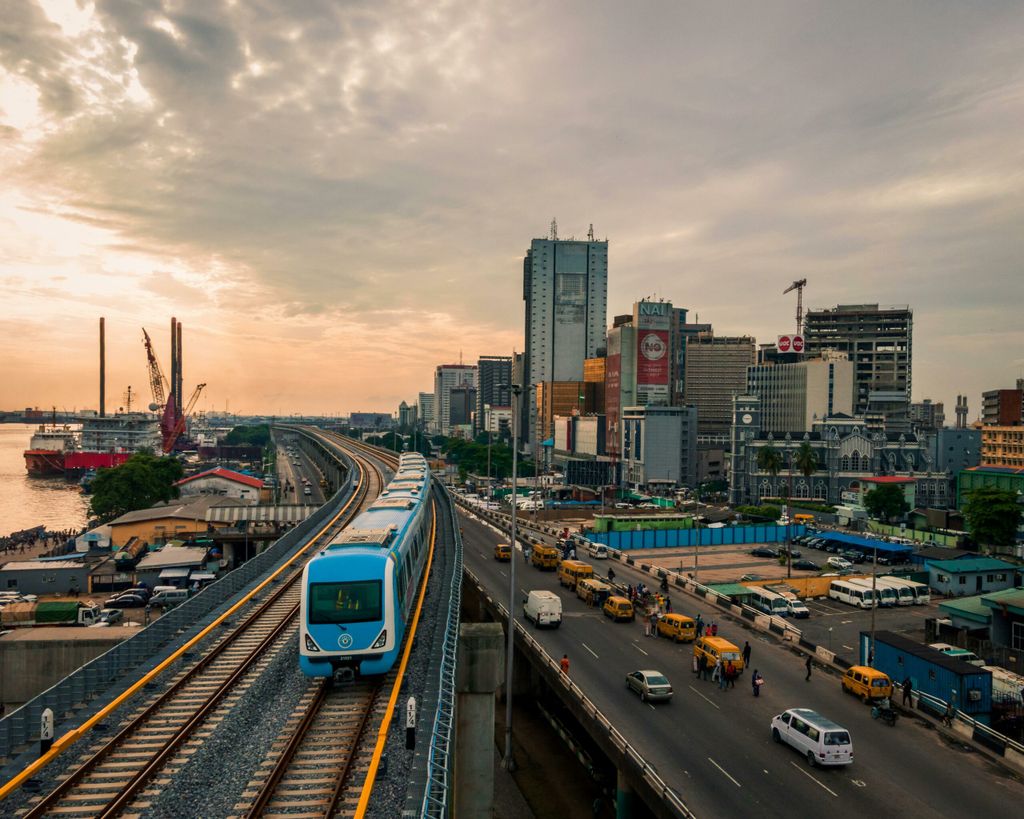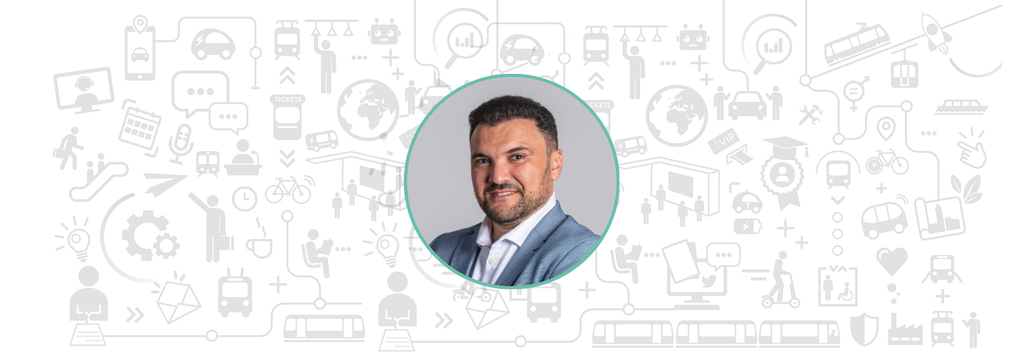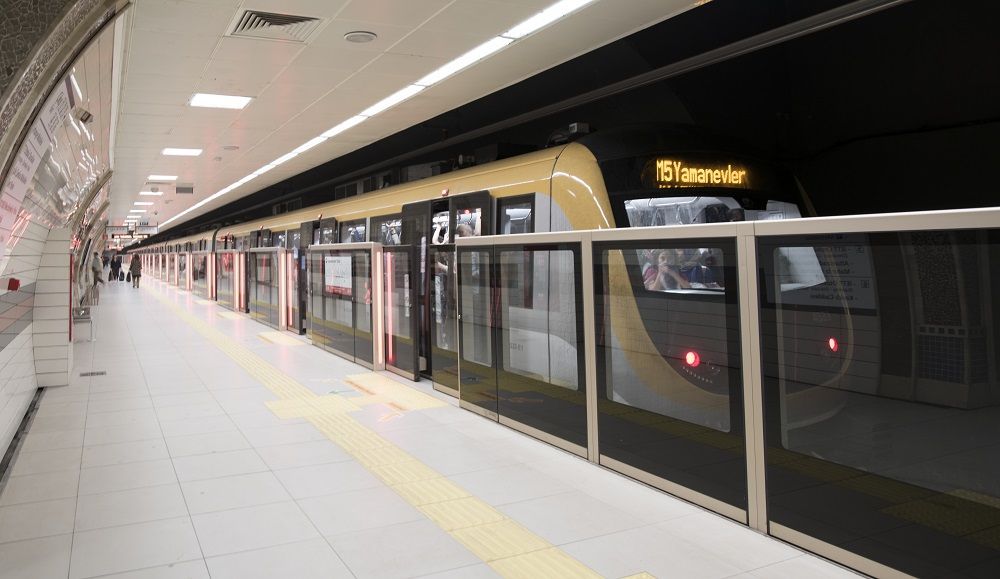

Blog: The Value of Data - Raising Awareness of Opportunities in Data Sharing
The Value of Data
Suppose a major accident takes place – with danger of the release of hazardous substances – at a busy location in an average city. One or more streets must be closed to traffic in order to deal with the accident adequately. What would you know about the expected traffic in this situation? About the numbers of passengers on their way to this location by means of public transport? About the consequences of closing down stations? About the number of children in schools that have to be evacuated? About residents who depend on medical equipment? About the weather forecast and possible effects of weather on the hazardous substances? In short, do we have the right data accumulated in one place in a relatively short term in order to make the best decisions? And ‘we’, that are all parties involved in such a situation: governments, emergency services, security services, transporters, experts…
And that is exactly what it is all about for me. The data is there and of course we must talk about availability, conditions and limitations of it. But first we have to talk about the possibilities. The opportunities that data bring. Opportunities for better decisions, safer situations, but also flatly about economic growth and spatial development. My point of view is that the data are there, but that together we do not sufficiently explore exactly where its value lies. In my opinion, this is the biggest challenge we have when it comes to the effective use of data in our society. Everyone sits on their own portion of data, improves it and uses it, but coming together and thoroughly examining what we can do with data together, does not happen. And all this while data are the building blocks and the lubricating oil of today’s society.
And yet there are plenty of examples where it is extremely useful to look for this cooperation. The example I started with is perhaps an exceptional situation, but is certainly not inconceivable. The same principle applies when building a new neighbourhood. You know how many people are going to live there. You also know what the transportation movements will be. You probably know a substantial amount about the composition and the needs of the new residents. So why does it take so long for there to be public transportation and stores? The data is available! And the data does not only serve mobility, but a multitude of societal purposes.
I have worked in travel information for quite some time. I used to be the CEO of 9292, a service that cannot even exist without (a multitude of) data. (9292 is an integrated travel information website and application on public transport across the Netherlands.) However, the fact that 9292 is still more or less unique in this society after 25 years, says something about the minimal use of the possibilities. After a quarter of a century you would expect the service to be at least internationally available, or combined with road and air traffic information, weather forecasts, ticketing and – slightly broader – mobility marketing. I am not saying that there is nothing at all, but it is certainly not available on a large scale and not with the naturalness of a 9292 service. And 9292 only came to exist because various parties were willing to bring their data together and saw what kind of beautiful things you can do then. So it is actually possible!
The UITP and its working bodies (especially the IT & Innovation and IT & Services Industry committees) have been striving for years at an international level for a shared awareness of the possibilities and also the obligations with regard to data. The audience is benevolent, however, decisiveness is lacking. It is a complex matter and a lot has to be organised, such as good governance, security, privacy and a smart architecture. But these are not obstacles, not showstoppers that slow down its use and application. These are merely matters that need to be organised, period. Then we can get started with actual really good use of the data, for safety, economy, mobility, sustainability and so on.
As I said earlier, everybody sits on their own data and does their solitary best. There is still no shared view. The good news is, today there is a lot of energy and enthusiasm. The point is clear. That is why an appeal to parties that want to work in a concrete way and want to take up the gauntlet is necessary: governments, transporters, security services and market parties with creative thinking power and above all the will to jointly use data for societal purposes.
UITP Asia-Pacific Centre for Transport Excellence (AP CTE) launched in January 2019 a research study aiming at encouraging public transport organisations to work with their peers across all stakeholders (authorities, operators and industry providers) to discuss and share data in relations to customer and mobility data by reviewing the current data sharing framework of various cities/countries and explore the sustainable business models in data sharing. AP CTE is actively collecting opinions, expertise and best practices in data sharing: do not hesitate to contact them to be part of the move forward for sustainable and successful data sharing in public transport. Research publication will be available early 2020.
exclusive resources












